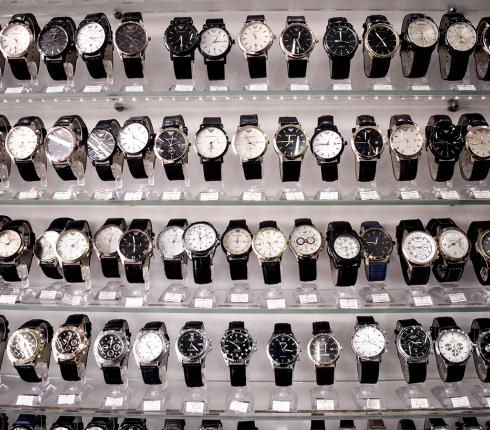NJORD Estonia: Claims can be filed against trade secret violators
If information, above all know-how, concerning the commercial activities of a business falls into unauthorised hands, it may nullify the competitive advantage, provide an unfair advantage to other market participants and result in irreparable harm. Recently, in the middle of December 2018, rules that specify the protection of trade secrets entered into force. These rules also transposed into Estonian law the Directive on the Protection of Trade Secrets in force in the European Union.

A trade secret is deemed to be such information of a business that is not, as a body or in the precise configuration of its components, generally known or readily accessible, has commercial value namely because it is secret and has also been subject to reasonable steps, by the holder of the information, to keep it secret. Having already earlier become rooted in case law, this definition has now also been included in the law and requests that businesses themselves also contribute to the protection of their trade secrets – only then are they provided with protection by law as well. Thus, businesses must be diligent with their trade secrets, protect their data media and explain the need for confidentiality both to their employees and partners.
The unlawful acquisition, use, and disclosure of trade secrets are regarded as unfair competition, which is prohibited. The acquisition of a trade secret has been unlawful if this has taken place with unauthorised access to documents or other data media as well as in a situation where a person is in breach of the duty of confidentiality incumbent on them.
Businesses whose trade secrets have been misused may request that the unlawful use of the trade secrets be terminated or prohibited, the manufacture, sale or storage of the goods infringing the trade secrets be prohibited and the goods be withdrawn from sale, recalled or destroyed, the data media containing the trade secrets be destroyed or delivered to them as well as the damage be compensated. The damage subject to compensation according to the new regulation is both material and immaterial or moral damage. Such claims can be filed, upon failure to reach an agreement, against the trade secret violator through the court.
The protection of trade secrets is, however, not absolute. The law that recently entered into force covers, for the first time, so-called whistleblowing. Disclosure or use of a trade secret is not deemed unlawful if this is done to disclose an unlawful act for protecting public interests, for protecting workers’ interests via a workers’ representative, or for protecting a recognised legitimate interest. The fulfilment of the aforementioned criteria must be evaluated separately on a case by case basis.

































